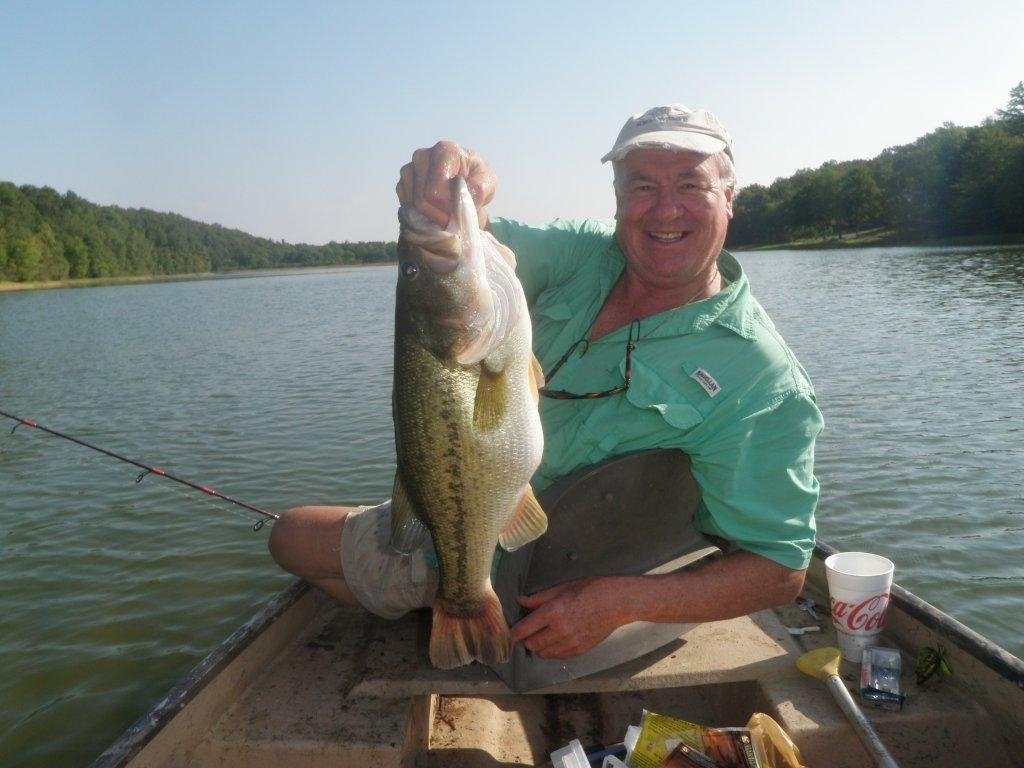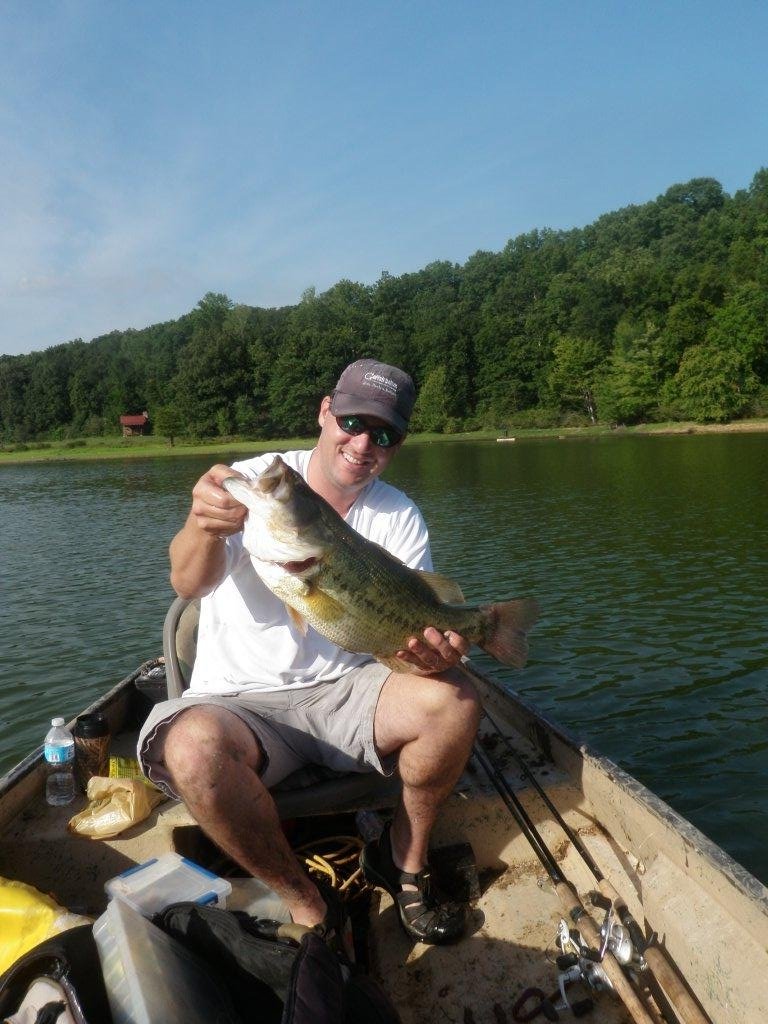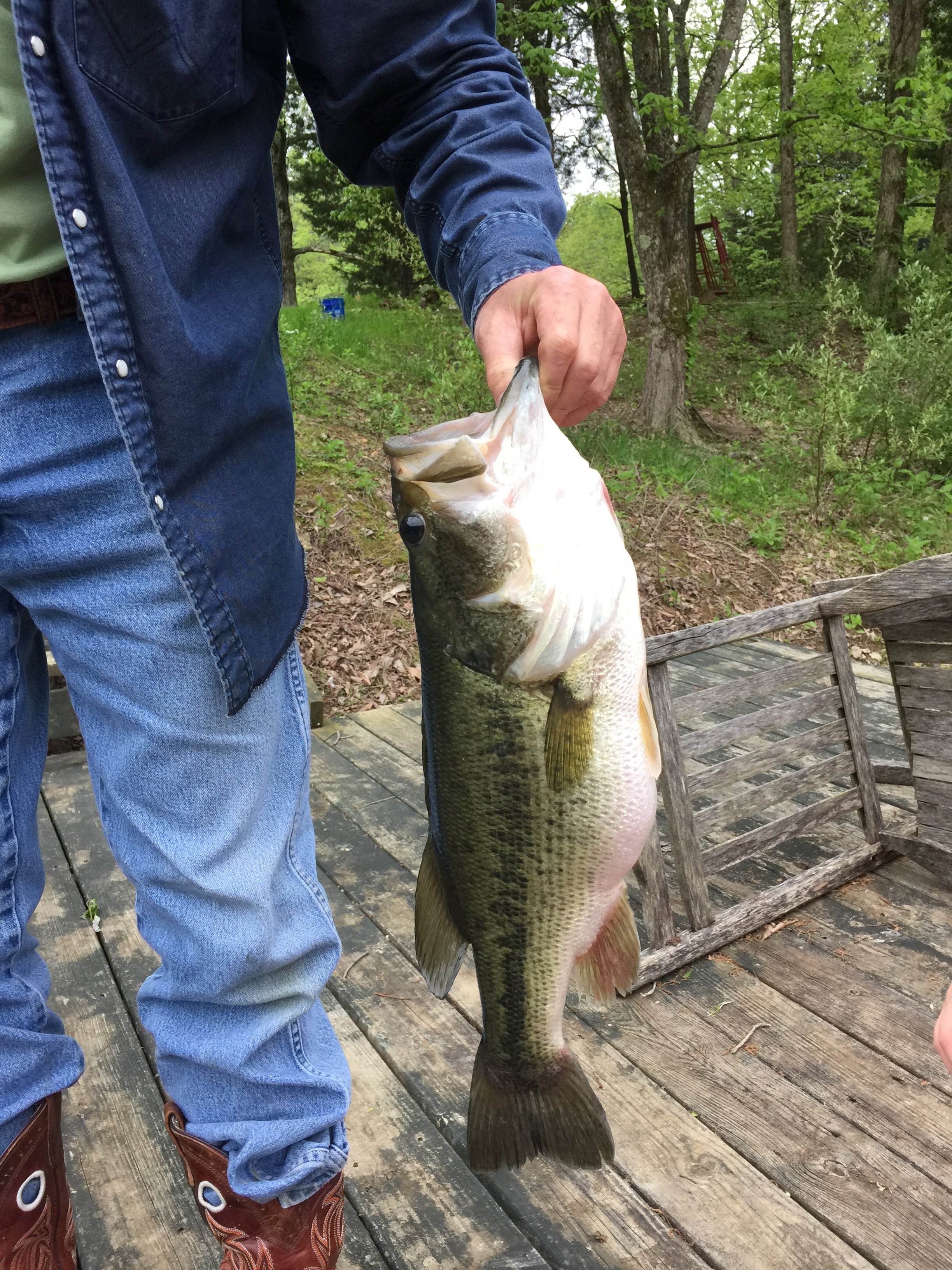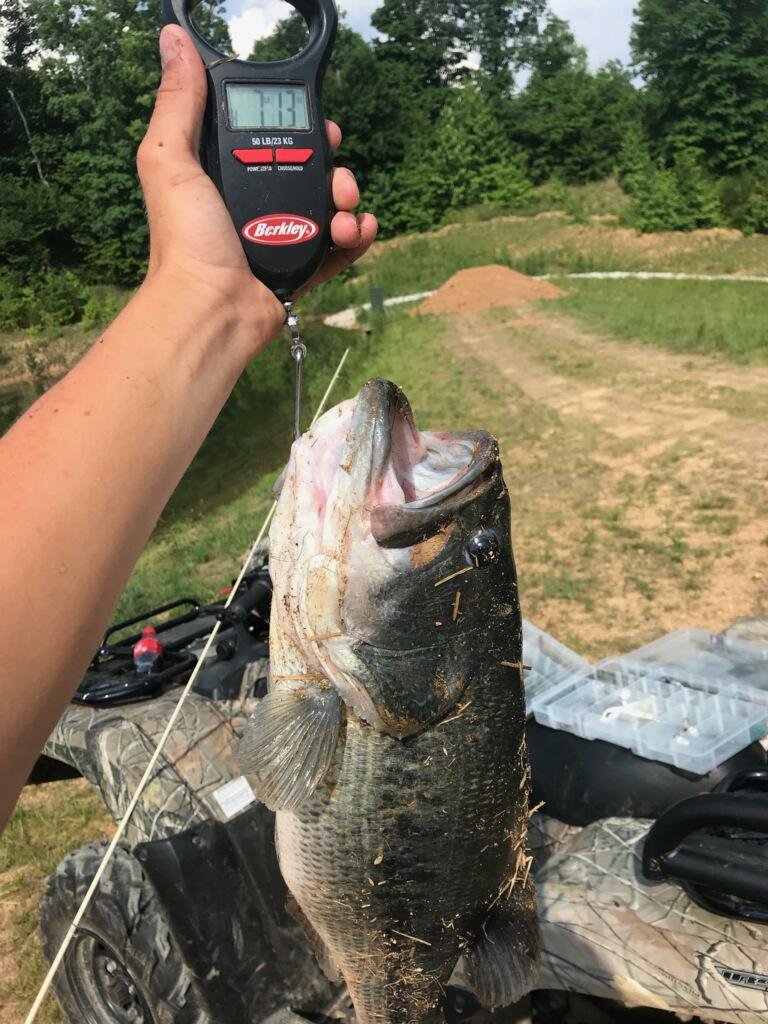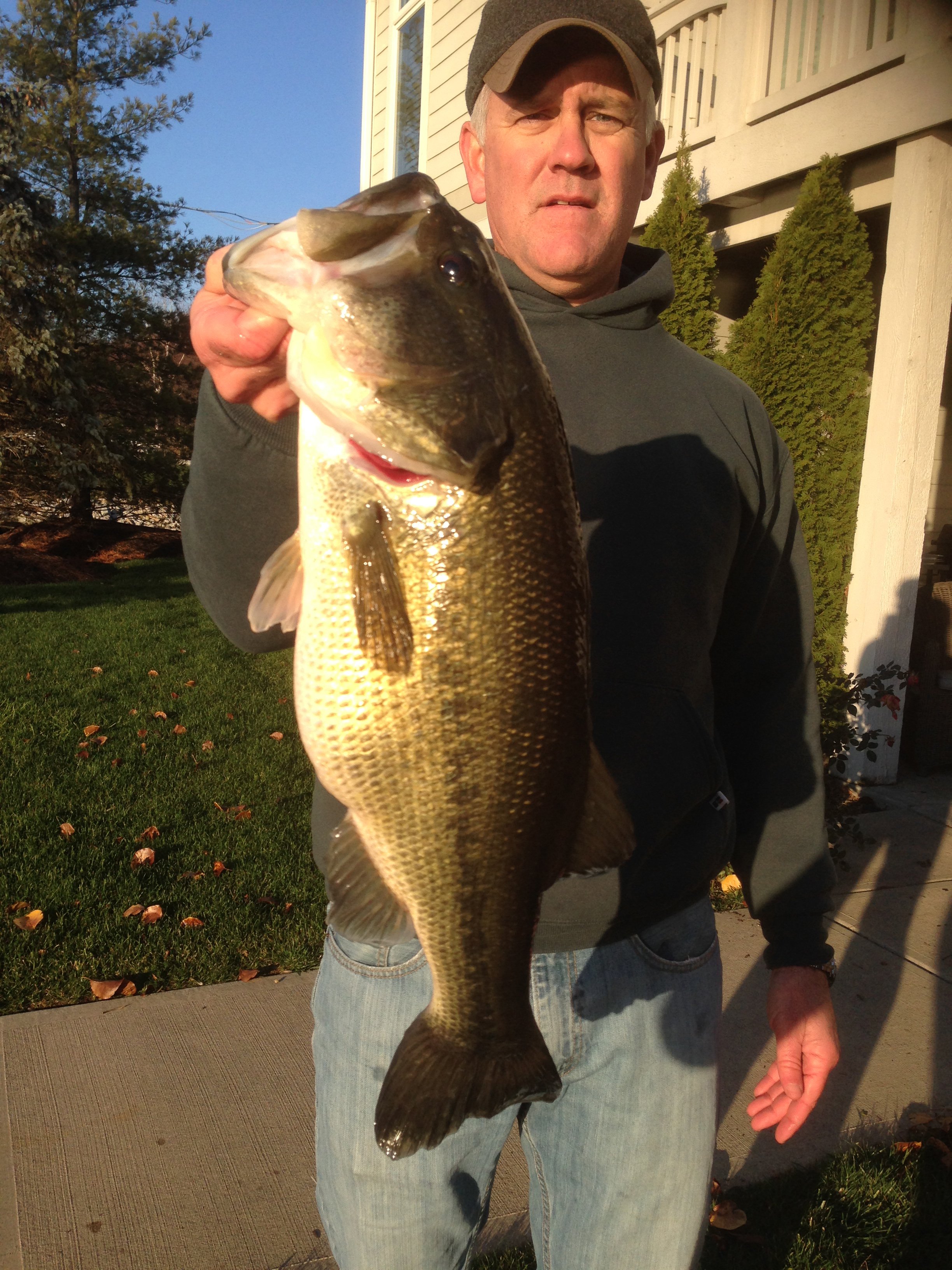Tennessee Lake Management: Are You Getting the Most out of Your Lake?
Fisheries scientists have long recognized that the size of a water body plays a significant role in the ultimate sizes attained by the fish in that water body. If you own a lake of five acres or more and you’re paying a management company to manage it for you, but you’re not consistently catching fish considerably larger than what you would on public water, you’re throwing away money and need to find a different management company.There are several factors that contribute to the effect that size of the lake has on fish growth. One factor is simply the increased opportunity and stimulus for exercise for the fish. Several studies have found that fish that were forced to swim against a current regularly had notably better growth than fish that were sedentary - here is a link to one such study:https://www.ncbi.nlm.nih.gov/pmc/articles/PMC3107430/Fish in larger lakes have more room to roam, and when they have that room, they tend to use it.Larger lakes also tend to have more diverse food webs, as noted by this study that found that lake size was the single most important factor in determining bluegill size among six different impoundments on a public wildlife management area in Georgia:https://getd.libs.uga.edu/pdfs/sundmark_aaron_p_201605_ms.pdfWhat does this have to do with your lake, you might ask? If you own a lake of five acres or larger that’s being managed for trophy largemouth, and you haven’t caught a six-pound or larger bass in the last year, you’re with the wrong management company. If you own a lake larger than ten acres that’s being managed for big bass and you haven’t caught a seven-pound or larger bass in the last year, you’re with the wrong company.Here’s a brief rundown of the trophy largemouth that have been caught just in the last twelve months from ponds and lakes we manage:4-acre pond in Giles County managed since 2014: two bass over six pounds, several between three and five pounds25-acre lake in Memphis managed since 2014: eight-pound largemouth, dozens between three and six pounds1.6-acre pond in Maury County managed since 2010: one seven-pound and one six-pound largemouth60-acre lake in Indianapolis, Indiana managed since 2015: Two 22.5” largemouth, dozens between three and five pounds1.1-acre pond in Lawrence County managed since 2014: four largemouth between 6 lbs. 4 oz. and 7 lbs. 13 oz. since March 20186-acre lake in central Alabama: 7-lb. largemouth three months after we began management - first bass over four pounds caught from the pond in several years The last time we managed a pond larger than ten acres in Tennessee (other than the 25-acre lake mentioned above) for more than a year, when we had been working with the property just under two years, the owner caught, in one afternoon of fishing his two twelve-acre ponds, an 8.25-lb., a 7.5-lb., two 6-lb., and a 5-lb. largemouth. In one afternoon.The last time we managed a lake larger than fifty acres in Tennessee for more than a year, in the third year of our management, two friends of the owner, in one afternoon and the next morning of fishing, caught thirteen largemouth between four and nine pounds, including six that were over seven pounds each.The last time we managed a lake larger than 100 acres for more than a year, two years after we began management, the owner caught an 11.5-lb. largemouth from the lake.There are pond management companies working in this state that have more employees than we do; there are companies that will do unethical things (such as violating federal anti-trust laws) to get your business. We’re not those companies. We’re just the best at growing big fish in your lake.